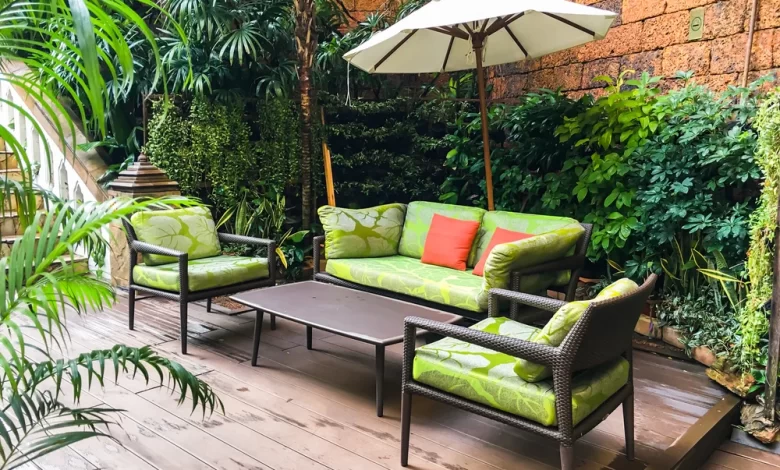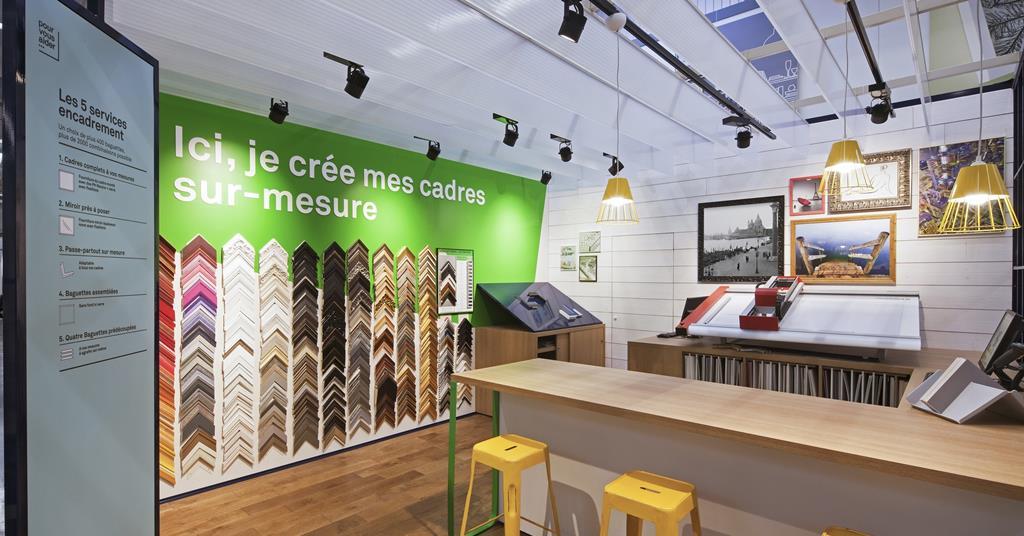Sustainable Practices of Leroy Merlin

Leroy Merlin’s Commitment to Sustainability
Leroy Merlin is committed to sustainability and has implemented various initiatives to minimize its environmental impact. Here are some key aspects of Leroy Merlin’s commitment to sustainability:
- Sustainable Operations: Leroy Merlin aims to reduce its carbon footprint by implementing energy-efficient practices and optimizing its operations. This includes initiatives such as energy management systems, LED lighting installations, and the use of renewable energy sources whenever possible.
- Responsible Supply Chain: Leroy Merlin recognizes the importance of a sustainable supply chain. They work closely with their suppliers to ensure responsible sourcing, compliance with ethical standards, and adherence to environmental regulations. This includes promoting sustainable forestry practices, reducing waste generation, and minimizing the use of harmful chemicals in products.
- Ecological Product Range: Leroy Merlin offers a wide selection of environmentally friendly and energy-efficient products to promote a sustainable lifestyle. This includes energy-saving appliances, low-water-consumption fixtures, sustainable building materials, and environmentally friendly paints. They also prioritize products with certifications such as ENERGY STAR, Forest Stewardship Council (FSC), and European Ecolabel.

- Waste Management and Recycling: Leroy Merlin emphasizes proper waste management and recycling in all its operations. They implement recycling programs in their stores and distribution centers, promoting the recycling of materials such as packaging, paper, plastic, and metal. Additionally, they encourage customers to recycle their old products through return and recycling initiatives.
- Community Engagement and Education: Leroy Merlin actively engages with communities to raise awareness about sustainability. They organize workshops, training sessions, and events to educate customers and employees about sustainable practices such as energy conservation, water management, and waste reduction. They also collaborate with NGOs and environmental organizations to promote environmental awareness and conservation.
- Sustainable Packaging Solutions: Leroy Merlin is committed to reducing packaging waste. They are working to optimize packaging materials to minimize environmental impact while ensuring product protection during transportation and storage. This includes exploring options such as reusable packaging, eco-friendly materials, and promoting packaging recycling.
- Biodiversity and Green Spaces: Leroy Merlin recognizes the importance of biodiversity and green spaces. They prioritize the inclusion of green areas in their stores, promote the use of plants in gardening, and offer a variety of products and solutions to encourage customers to create sustainable and environmentally friendly outdoor spaces.
Leroy Merlin’s commitment to sustainability extends across its operations, supply chain, products, and community involvement. By implementing these initiatives, Leroy Merlin aims to reduce its environmental footprint and contribute to a more sustainable future.

Leroy Merlin’s Strategies to Minimize Environmental Impact
Leroy Merlin has implemented several strategies to minimize its environmental impact. These strategies cover various areas of its operations and supply chain. Here are some key strategies adopted by Leroy Merlin:
- Energy Efficiency: Leroy Merlin focuses on reducing energy consumption in its stores, warehouses, and offices. They employ energy management systems to monitor and optimize energy usage and have implemented energy-saving measures such as LED lighting, efficient heating and cooling systems, and smart energy controls. These efforts aim to decrease energy consumption and greenhouse gas emissions.
- Renewable Energy: Leroy Merlin is committed to incorporating renewable energy sources into its operations. They have invested in solar panels and wind turbines to generate clean energy for their stores and distribution centers. By using renewable energy, Leroy Merlin reduces its reliance on fossil fuels and contributes to the transition to a low-carbon economy.
- Sustainable Logistics: Leroy Merlin focuses on optimizing its logistics operations to reduce carbon emissions and enhance efficiency. This includes route optimization, fleet management, and the adoption of alternative transportation methods such as electric vehicles and bicycles for last-mile delivery. By streamlining logistics, Leroy Merlin aims to minimize fuel consumption and emissions associated with transportation.
- Waste Management and Recycling: Leroy Merlin prioritizes waste reduction and recycling in all its operations. They implement waste management systems in stores and distribution centers, promoting the recycling of materials such as packaging, paper, plastic, and metal. Additionally, they collaborate with suppliers to reduce packaging waste and explore sustainable packaging alternatives.
- Responsible Product Selection: Leroy Merlin is committed to offering a wide range of sustainable and environmentally friendly products. They work closely with suppliers to ensure responsible sourcing and prioritize products with eco-label certifications. This includes promoting sustainable forestry practices, offering energy-efficient appliances, and providing customers with eco-friendly alternatives for construction materials and home products.
- Water Conservation: Leroy Merlin promotes water conservation by offering water-efficient products and solutions. They provide customers with a variety of water-saving fixtures, irrigation systems, and rainwater harvesting options. Additionally, Leroy Merlin educates customers about responsible water usage through workshops and informational materials.

- Employee and Customer Education: Leroy Merlin emphasizes the importance of environmental awareness and education. They provide training programs for employees to promote sustainable practices in their daily operations. Additionally, Leroy Merlin conducts workshops, demonstrations, and events to educate customers about eco-friendly solutions, energy conservation, and waste reduction.
- Partnerships and Collaborations: Leroy Merlin collaborates with various stakeholders, including NGOs, environmental organizations, and research institutes, to share knowledge and develop innovative solutions for sustainability. These partnerships allow Leroy Merlin to stay at the forefront of sustainable practices and contribute to broader environmental initiatives.
By implementing these strategies and collaborating with diverse actors, Leroy Merlin aims to minimize its environmental impact, promote sustainability in all its operations, and inspire customers to make more environmentally conscious choices.
Conclusion
In conclusion, Leroy Merlin has made a strong commitment to sustainability and has implemented a range of strategies to minimize its environmental impact. From energy efficiency and the integration of renewable energies to waste management, responsible product selection, and water conservation, Leroy Merlin is actively working to reduce its carbon footprint and promote sustainable practices across its operations and supply chain. They also prioritize employee and customer education, engaging with communities to raise awareness and inspire positive change. By adopting these strategies and collaborating with various stakeholders, Leroy Merlin aims to create a more sustainable future and contribute to a greener and healthier planet.




